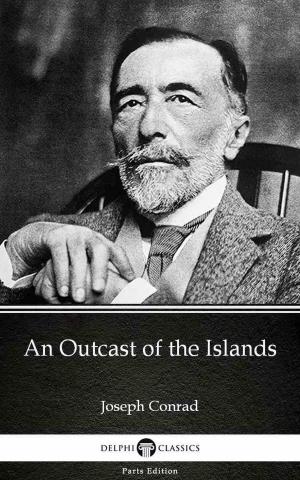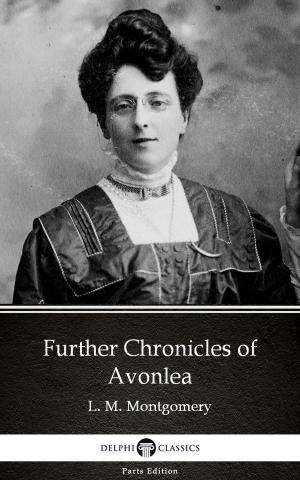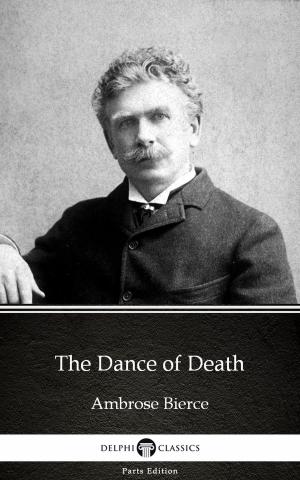| Author: | T.W. Lumb | ISBN: | 6610000023363 |
| Publisher: | PublishDrive | Publication: | July 26, 2017 |
| Imprint: | Merkaba Press | Language: | English |
| Author: | T.W. Lumb |
| ISBN: | 6610000023363 |
| Publisher: | PublishDrive |
| Publication: | July 26, 2017 |
| Imprint: | Merkaba Press |
| Language: | English |
Greek literature opens with a problem of the first magnitude. Two splendid Epics have been preserved which are ascribed to "Homer", yet few would agree that Homer wrote them both. Many authorities have denied altogether that such a person ever existed; it seems certain that he could not have been the author of both the Iliad and the Odyssey, for the latter describes a far more advanced state of society; it is still an undecided question whether the Iliad was written in Europe or in Asia, but the probability is that the Odyssey is of European origin; the date of the poems it is very difficult to gauge, though the best authorities place it somewhere in the eighth century B.C. Fortunately these difficulties do not interfere with our enjoyment of the two poems; if there were two Homers, we may be grateful to Nature for bestowing her favours so liberally upon us; if Homer never existed at all, but is a mere nickname for a class of singer, the literary fraud that has been perpetrated is no more serious than that which has assigned Apocalyptic visions of different ages to Daniel. Perhaps the Homeric poems are the growth of many generations, like the English parish churches; they resemble them as being examples of the exquisite effects which may be produced when the loving care and the reverence of a whole people blend together in different ages pieces of artistic work whose authors have been content to remain unnamed.
Greek literature opens with a problem of the first magnitude. Two splendid Epics have been preserved which are ascribed to "Homer", yet few would agree that Homer wrote them both. Many authorities have denied altogether that such a person ever existed; it seems certain that he could not have been the author of both the Iliad and the Odyssey, for the latter describes a far more advanced state of society; it is still an undecided question whether the Iliad was written in Europe or in Asia, but the probability is that the Odyssey is of European origin; the date of the poems it is very difficult to gauge, though the best authorities place it somewhere in the eighth century B.C. Fortunately these difficulties do not interfere with our enjoyment of the two poems; if there were two Homers, we may be grateful to Nature for bestowing her favours so liberally upon us; if Homer never existed at all, but is a mere nickname for a class of singer, the literary fraud that has been perpetrated is no more serious than that which has assigned Apocalyptic visions of different ages to Daniel. Perhaps the Homeric poems are the growth of many generations, like the English parish churches; they resemble them as being examples of the exquisite effects which may be produced when the loving care and the reverence of a whole people blend together in different ages pieces of artistic work whose authors have been content to remain unnamed.















